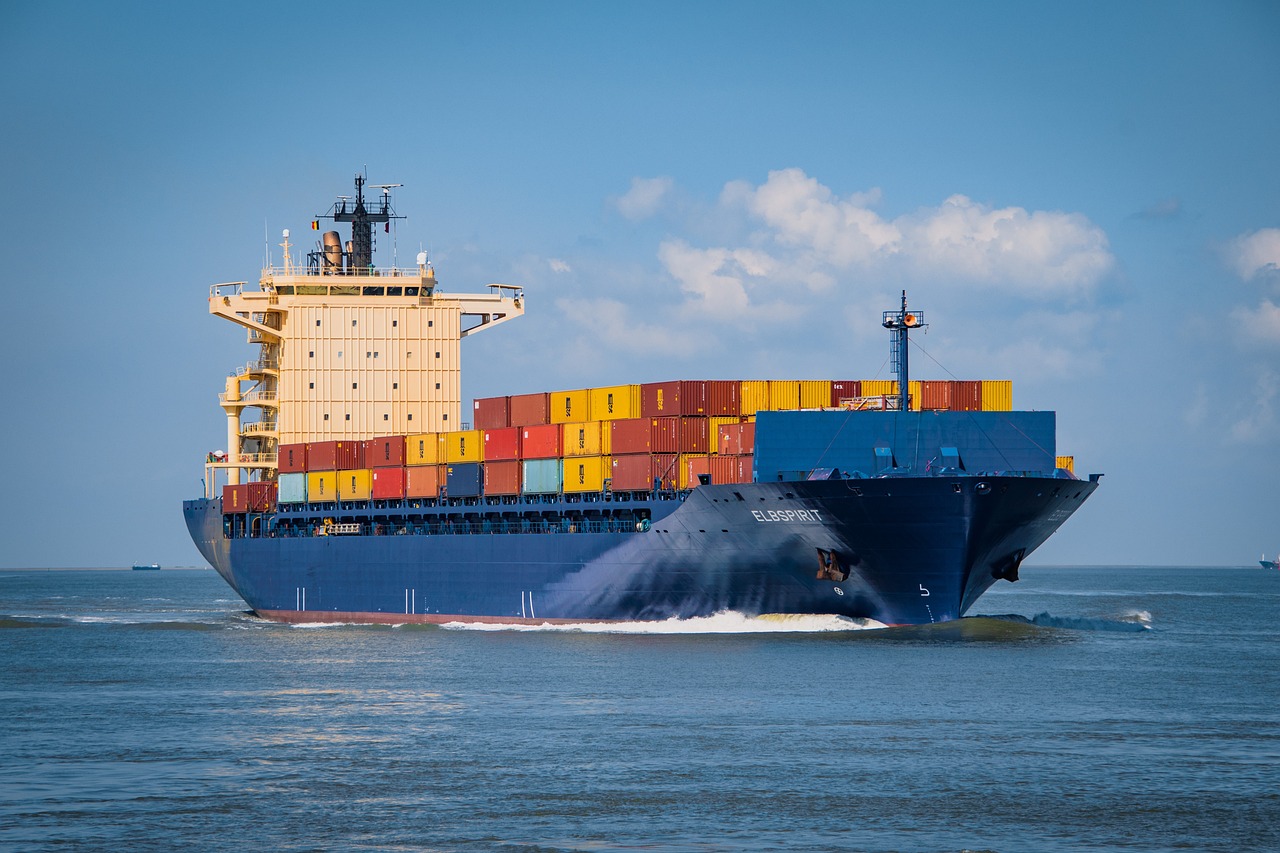
Transport strike brought forward in Rome, who offers solutions
A new public transport strike is looming on the horizon, and this time the ones who will suffer the consequences will be mainly commuters, passengers and tourists in the Italian capital.

A new public transport strike is coming, and this time the ones who will suffer the inconvenience will be mainly commuters, passengers and tourists in Rome. The trade unions Usb Lavoro Privato and Orsa have proclaimed a 24-hour interruption for Monday 28 October, which will affect buses, trolleybuses, subways, trams in the capital and the Termini-Centocelle tramway. During the strike, the service will be guaranteed only in the time slots established by law: from the start of the service until 8:29 and from 17:00 to 19:59, as communicated by Atac.
The unions have stressed the urgency of addressing critical issues such as unsustainable workloads, staff safety and the need for adequate wage policies. “We demand action to ensure the health of workers through improvements in equipment and healthier working environments,” union representatives said. This strike precedes another mobilization scheduled for November 8.
On that date, Filt Cgil, Fit Cisl, Uiltrasporti, Faisa Cisal and Ugl Fna called a national strike of local public transport lasting 24 hours without guaranteed bands. This action is aimed at urging the renewal of the contract that expired ten months ago. The same trade unions will hold a press conference on Tuesday 29 October to explain the reasons behind joining the 8 November strike and to express concerns about the financial maneuver.
Eugenio Stanziale, national secretary of Filt Cgil, expressed concern for the lack of an increase in the national fund for local public transport in the measures envisaged by the budget. “Not financing with additional resources in such a delicate period shows a guilty will of the current government in not guaranteeing citizens an adequate service”, he stated.
Trade associations such as Agens, Anav and Asstra have also expressed strong doubts about the 120 million euro measure envisaged in the budget for 2025 only. They have stated that this figure is largely insufficient compared to the real needs of local public transport. The allocation of the National Transport Fund has suffered a real decrease of about 800 million per year due to the high inflation of recent years and losses in traffic revenues. Therefore, the associations are asking that during the parliamentary approval phase the allocation for local public transport be significantly increased and stabilized.
The climate that is being created around these protests highlights how crucial it is to address the issues related to public transportation in the Italian capital. With the next strikes on the horizon, it is clear that workers' demands must be heard in order to guarantee an efficient service to the citizens of Rome.

A new public transport strike is looming on the horizon, and this time the ones who will suffer the consequences will be mainly commuters, passengers and tourists in the Italian capital.

Trump’s Tariff Plans: A Day-One Agenda Against Drug and Human Trafficking In a bold move to combat drug and human smuggling, President-elect Donald Trump has announced plans to impose significant tariffs on Mexico, Canada, and China immediately after his inauguration on January 20.